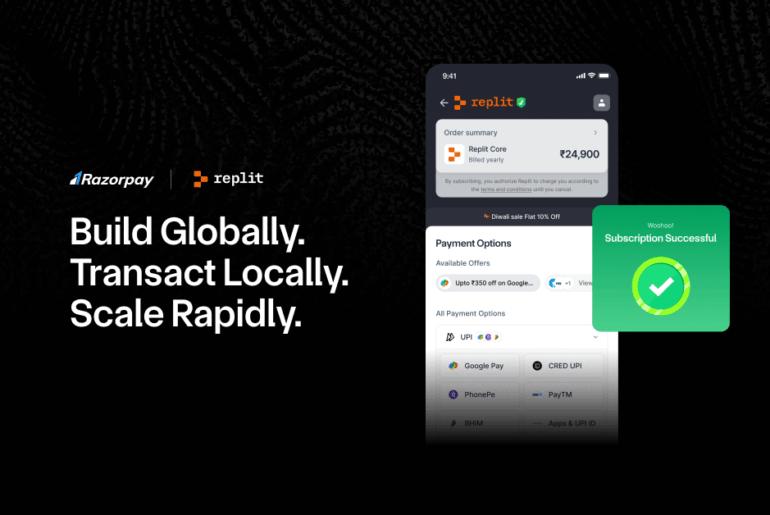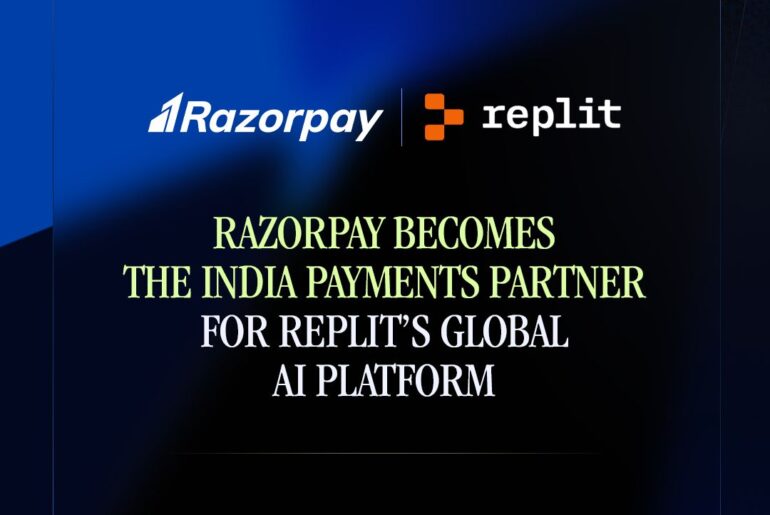Every business that accepts digital payments, online or in-store, depends on a Merchant Service Provider (MSP) to ensure secure and seamless transactions. MSPs act as the bridge between merchants, customers, and financial institutions, simplifying payment processing and compliance.
Without MSPs, businesses would need to manage complex relationships with banks and card networks themselves. Razorpay, a leading MSP in India, offers a comprehensive suite of payment solutions, enabling businesses to accept cards, UPI, wallets, and net banking instantly and effortlessly.
Key Takeaways
MSPs act as payment enablers, providing the technology and compliance framework necessary to securely accept digital payments.
They simplify complexities by handling bank relationships, fraud checks, settlements, and regulatory compliance on behalf of merchants.
MSPs have a significant impact on business growth by facilitating faster payments, improving cash flow, and enhancing customer trust.
Razorpay serves as a complete Merchant Service Provider, offering a range of solutions including Payment Gateway, Subscriptions, Smart Collect, and Fraud Risk Management (RFM).
What Is a Merchant Service Provider?
A Merchant Service Provider is a company that enables businesses to accept non-cash payments securely. They provide a range of services provided by merchant bankers, such as payment processing, settlement handling, fraud prevention, and more. MSPs act as intermediaries between merchants, acquiring banks, card networks, and payment processors, streamlining the entire payment acceptance and settlement process.
As a modern MSP, Razorpay offers an all-in-one digital payment solution that caters to the diverse needs of businesses across industries. From online retailers to schools and freelancers, Razorpay empowers merchants with the tools and infrastructure necessary to accept payments seamlessly and securely.
Did You Know?
MSPs process trillions of dollars globally each year, supporting everything from small shops to large enterprises.
What Do Merchant Service Providers Do?
The primary functions of an MSP include:
-
Providing access to payment gateways for secure online transactions.
-
Ensuring compliance with industry standards such as PCI DSS and RBI mandates.
-
Handling transaction settlements between banks and merchants.
-
Offering fraud monitoring and dispute management services.
At Razorpay, we go beyond the basic merchant service provider definition by offering a comprehensive suite of payment solutions:
-
Payment Gateway for seamless online collections
-
Smart Collect for effortless UPI, NEFT, and RTGS reconciliation
-
Subscriptions for managing recurring payments
-
International Payments for accepting payments from customers worldwide
With Razorpay as your MSP, you can focus on growing your business while we manage your entire payment process end-to-end.
Why Do Businesses Need a Merchant Service Provider?
Partnering with an MSP offers several key benefits for businesses:
-
Simplified payment acceptance across multiple modes
-
Reduced operational overhead and technical complexities
-
Enhanced security and compliance with industry regulations
-
Enablement of growth through global transactions (via Razorpay International Payments)
By leveraging the expertise and infrastructure of an MSP like Razorpay, businesses can streamline their payment processes, reduce costs, and focus on their core competencies.
Types of Services Offered by MSPs
Merchant Service Providers offer a wide range of services provided by merchant bankers to cater to the diverse needs of businesses:
-
Payment Gateway Services for secure online transactions
-
Recurring Billing & Subscriptions for managing repeat payments
-
Fraud Prevention Tools to minimise risks and chargebacks
-
Settlement & Reporting Dashboards for real-time insights
At Razorpay, we offer all the services you need as your trusted Merchant Service Provider, from one-time payments to recurring subscriptions and more.
Benefits of Working with a Merchant Service Provider
Partnering with an MSP brings several advantages for businesses:
-
Faster go-to-market by eliminating the need for direct bank integrations
-
Secure and compliant payment processing, adhering to industry standards
-
Transparent settlement and reporting for better financial management
-
Access to multiple payment methods, including cards, UPI, wallets, and BNPL
-
Consolidated insights and analytics through a single dashboard (Razorpay Dashboard)
Did You Know?
Razorpay helps over 10,000 businesses scale payments securely across India and beyond.
Challenges Without a Merchant Service Provider
Businesses that choose to process payments without an MSP may face several challenges:
-
Need for direct integrations with multiple banks and payment networks
-
Higher risk of fraud and compliance issues due to a lack of specialised tools
-
Absence of consolidated reporting and real-time fraud detection
-
Potential impact on customer trust due to suboptimal payment experiences
By partnering with a reliable MSP like Razorpay, businesses can overcome these challenges and ensure a smooth, secure payment experience for their customers.
In conclusion, a Merchant Service Provider plays a vital role in enabling businesses to accept and process digital payments securely. By partnering with an MSP like Razorpay, merchants can simplify their payment operations, ensure compliance with industry regulations, and offer a seamless payment experience to their customers.
As a leading merchant service provider in India, Razorpay offers a comprehensive suite of payment solutions designed to cater to the unique needs of businesses across industries. With Razorpay, as your trusted partner, you can focus on growing your business while we take care of all your payment processing needs.
Ready to streamline your payments?
FAQs
1. What is the difference between a merchant account and a merchant service provider?
A merchant account is a type of bank account that allows businesses to accept payments by payment cards. An MSP, on the other hand, is a broader term that encompasses the various services provided by merchant bankers, including payment processing, fraud prevention, and more.
2. Can small businesses work with a merchant service provider?
Yes, MSPs cater to businesses of all sizes, from small startups to large enterprises. Razorpay, for example, offers tailored solutions for small businesses, making it easy for them to accept digital payments without any setup or maintenance costs.
3. Is Razorpay a merchant service provider?
Yes, Razorpay is a leading Merchant Service Provider in India, offering a comprehensive suite of payment solutions for businesses of all sizes. Services provided by merchant service providers like Razorpay include payment gateway services to recurring billing, and fraud prevention. Razorpay acts as a one-stop shop for all your payment needs.
4. What services provided by merchant bankers does an MSP offer beyond payment processing?
In addition to payment processing, MSPs like Razorpay offer a range of value-added services such as fraud detection, recurring billing, smart collect for easy reconciliation, and international payment acceptance.
5. How do MSPs help reduce fraud?
MSPs employ advanced fraud detection algorithms and tools to monitor transactions in real-time, identifying and blocking suspicious activities. Razorpay’s Fraud Risk Management (FRM) solution, for example, uses machine learning to analyse patterns and prevent fraudulent transactions before they occur.


